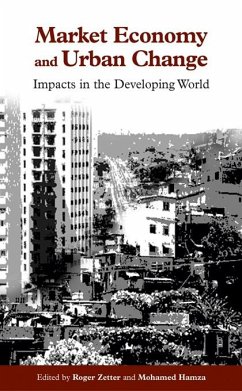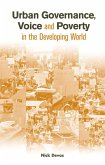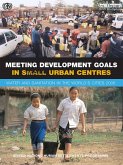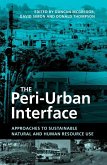Market Economy and Urban Change explores and evaluates urban sector and development policies in the context of market enablement, and the associated instruments of structural adjustment, urban management reform and 'good' governance. By articulating the linkages between this neo-liberal development paradigm and the way different actors in the urban sector enact policy responses, the book provides an understanding of both the factors driving market enablement, and its impacts on urban sector policies and programmes. With case studies drawn from countries such as Egypt, Mexico, Kenya, Brazil, Colombia and transitional economies, the book focuses in particular on the implications for land, shelter and related sectoral policies for poverty alleviation. By linking policy to practice, the book seeks to inform policy-makers in governments, donor and implementing agencies of the impact of shifts in the development debate on urban sector strategies.
Dieser Download kann aus rechtlichen Gründen nur mit Rechnungsadresse in A, B, BG, CY, CZ, D, DK, EW, E, FIN, F, GR, HR, H, IRL, I, LT, L, LR, M, NL, PL, P, R, S, SLO, SK ausgeliefert werden.









